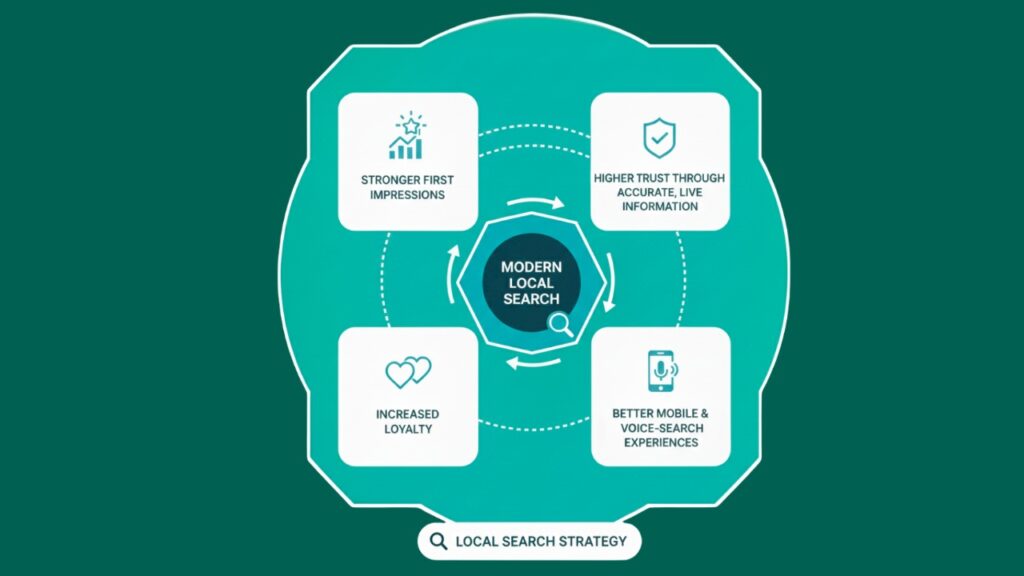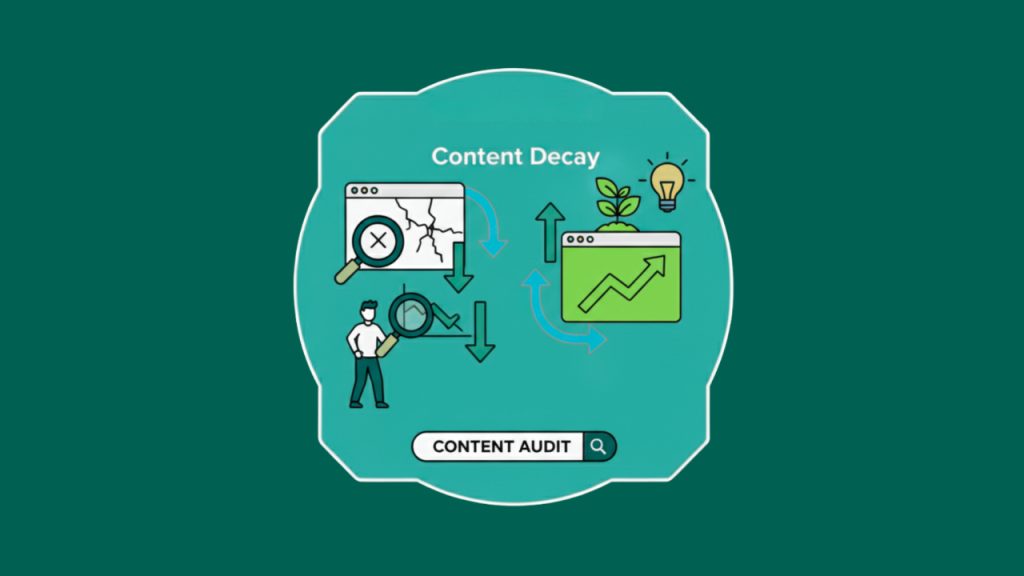Want your website to be an expert in your niche? Understanding and building Topical Authority is the key to outranking competitors. It gains trust from both users and search engines. This guide is helpful for digital marketers, SEO specialists, and website owners. Who wants practical steps to turn their site into the go-to resource, not another page on the index?
Table of Contents
What Is Topical Authority?
Topical Authority Explained
Topical authority is the perceived expertise a website has on a subject area. A site with topical authority covers relevant topics. It includes the supporting articles, data, and how-tos. This tends to give a signal to search engines and users that it is a trusted resource.
Why it matters in SEO
Search engines aim to deliver the most relevant, trustworthy results. When your site explains the breadth and depth of a topic, it is ranked for related queries. This helps to capture featured snippets and attract backlinks from other authoritative resources. Marketers with higher organic traffic and better conversion become the default answer.
Difference between Topical Authority and Domain Authority
Domain Authority is a third-party metric that predicts a domain’s ranking strength. It depends on the backlinks.
Topical Authority is subject-focused. A site can have low DA yet be the best source for a narrow niche if its content is well-structured. You build topical authority first, as people link to your content. Following that, your domain authority will.
How Topical Authority Works
Role of comprehensive content
Comprehensive content addresses the full range of user questions around a topic. This means the long-form guides, FAQs, case studies, and data-driven posts. The result: search engines see many pages on a single topic that interconnect. This, in turn, boosts relevance signals.
E-E-A-T and its impact
E-E-A-T (Expertise, Experience, Authoritativeness, and Trustworthiness) is the human layer behind topical authority. Use author bios, citations, original research, and clear editorial standards to show expertise. When your content demonstrates credentials and reliable sources, users engage longer. As a result, search engines reward that behaviour.
Steps to Build Topical Authority
Conduct in-depth topic research
Start with audience pain points. Use search intent analysis, forums, social listening, and keyword gap tools. This helps to map what people ask at each stage of the funnel by grouping. Queries are based on intent, search volume, and business impact.
Create authoritative and detailed content
Write for people first. Each article should aim to be the most helpful result for its target query. It includes examples, visuals, step-by-step instructions, and unique insights. Aim for clarity and depth rather than thin, keyword-stuffed pages. Use internal linking strategically
Link from your pillar page to cluster pages. It is created between related posts for a dense web of topical connections. Use descriptive anchor text that reflects the exact topics. This helps crawlers understand the context and pass ranking signals. It further keeps content updated and relevant. Outdated content undermines trust. Schedule periodic audits to refresh statistics and add new findings. An evergreen page signals long-term focus to both users and search engines.
Tools to Measure Topical Authority
SEO tools (Ahrefs, SEMrush, Moz)
Use these tools to track keyword visibility across a topic cluster. It also helps to identify content gaps and track backlink growth to pages within your hub. This quantifies progress. Are you ranking for more topic-relevant keywords? Are cluster pages gaining traction? Analytics and performance metrics
Pair SEO tools with Google Analytics and Search Console to measure real user signals. It also reports click-through rates, time on page, returning visitors, and conversion events. Improvements in these metrics often state growing topical authority even before rankings climb.
Common Mistakes to Avoid
Creating thin content
Publishing scattershot content across many unrelated topics dilutes your authority. Focus your editorial calendar on fewer verticals and cover them.
Ignoring user intent
Content that does not match what users expect will bounce. Always design content to match intent and align CTAs.
Poor internal linking structure
Random links prevent crawlers and users from seeing the full scope of your coverage. Create deliberate linking maps when launching clusters.
Bonus Tips for Boosting Topical Authority
Collaborate with industry experts: Interviews and co-authored pieces often attract backlinks.
Guest posting on authoritative websites: This improves reach and relevance to search engines.
Using data-driven content: Original research acts as the link magnets. It helps to position you as a go-to source.
Regularly auditing and updating content: A minor refresh can revive rankings. But also boosts user trust.
Why Marketers Should Care: Benefits & Business Impact
Building topical authority reduces dependence on brittle, single-keyword wins. It creates compound returns. This improves rankings across many queries, higher-quality traffic, and better conversion rates. It happens because of user trust in your content compared to competitors. In short, topical authority turns content into a long-term business asset.
Final thoughts & Next steps
Topical authority is not an overnight hack. It is a strategic shift from isolated posts toward a cohesive content ecosystem. Investing in topical authority pays off in sustainable organic growth and higher conversions. It covers digital marketers, content creators, SEO specialists, and website owners.
Ready to make your site the definitive resource in your niche? Start focusing on building your topical authority today. Watch your website become the go-to resource in your niche. Explore our services. Consider auditing your content, building topic clusters, or running an authority-focused content campaign. We help teams turn content into measurable business growth.












